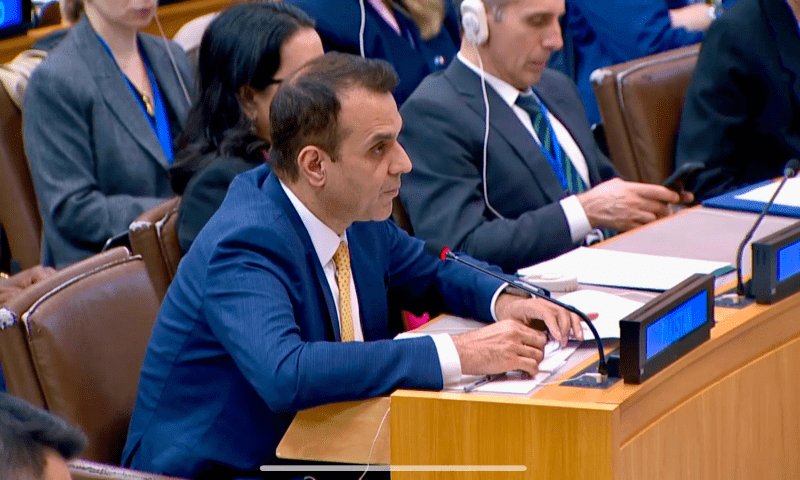“Water Wars Begin? India’s Indus Treaty Suspension Puts 240 Million Lives at Risk”
India’s recent decision to suspend the Indus Waters Treaty (IWT) has ignited significant international concern, with Pakistan warning the United Nations that this move threatens the survival of over 240 million people and violates international law.
Background: The Indus Waters Treaty
The IWT, signed in 1960 and brokered by the World Bank, governs the distribution of water from the Indus River system between India and Pakistan. Under the treaty, India controls the eastern rivers (Beas, Ravi, and Sutlej), while Pakistan has rights over the western rivers (Indus, Chenab, and Jhelum). The treaty has been a cornerstone of water-sharing between the two nations for decades.(The Guardian, Wikipedia, Arab News)
Escalation Following the Pahalgam Attack
On April 22, 2025, a deadly attack in Indian-administered Kashmir resulted in the deaths of 26 individuals, primarily Hindu tourists. India attributed the attack to Pakistan-backed militants, a claim Islamabad denies. In response, India suspended the IWT, citing national security concerns. Prime Minister Narendra Modi declared that Pakistan would no longer receive water from rivers over which India holds rights, emphasizing that Pakistan would face severe consequences for supporting terrorism .(Reuters, Wikipedia)
Pakistan’s Appeal to the United Nations
At a UN meeting on May 23, 2025, Pakistan’s Deputy Permanent Representative, Ambassador Usman Jadoon, condemned India’s unilateral suspension of the IWT. He described the move as a “dangerous escalation” and a “grave violation of international law,” including human rights and treaty laws. Ambassador Jadoon highlighted that India’s actions threaten the livelihoods of over 240 million Pakistanis who depend on the Indus River system .(Arab News, Dawn)
Legal and Humanitarian Implications
Pakistan emphasized that India’s suspension of the IWT contravenes international humanitarian law, which prohibits the use of water resources as a weapon in conflicts. Ambassador Jadoon urged the UN Security Council to monitor the situation closely and take preemptive action to prevent a humanitarian catastrophe. He also criticized statements from Indian leadership suggesting intentions to “starve the people of Pakistan,” describing such rhetoric as dangerous and perverse .(Arab News)
Global Reactions and Regional Stability
The international community has expressed concern over the potential for increased tensions between the nuclear-armed neighbors. Analysts warn that the suspension of the IWT could destabilize the region and set a precedent for the weaponization of water resources. The World Bank, which facilitated the original treaty, has yet to comment on the suspension.(Reuters, en.bd-pratidin.com)
Impact on Pakistan’s Agriculture and Economy
Pakistan’s agriculture sector heavily relies on the Indus River system, which supports 80% of the country’s agricultural activities. Any disruption in water flow could have devastating effects on food security and the economy. Farmers in Pakistan have expressed fears that India’s actions could lead to droughts or floods, further exacerbating the country’s challenges .(Reuters, The Guardian)
Conclusion
India’s suspension of the Indus Waters Treaty marks a significant escalation in Indo-Pakistani relations, with far-reaching implications for regional stability and humanitarian concerns. Pakistan’s appeal to the United Nations underscores the urgency of addressing this issue through diplomatic channels to prevent a potential crisis affecting millions.(Arab News)
